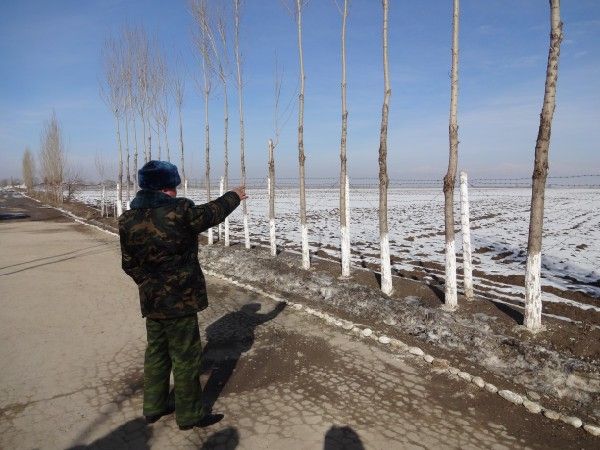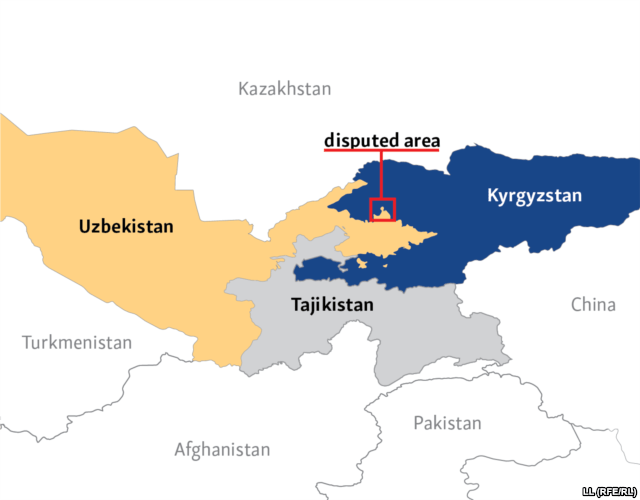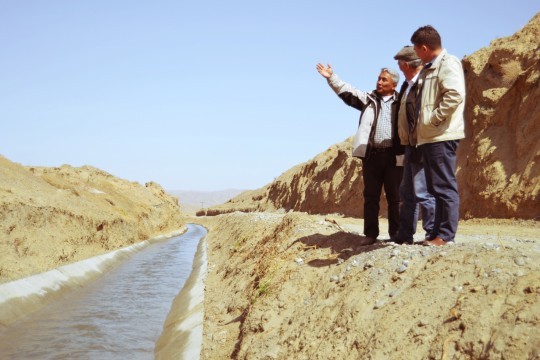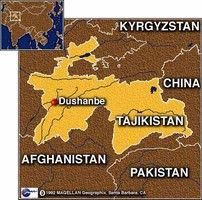Viewing results 1 - 6 of 85
OSH, Kyrgyzstan (TCA) — In the southwest of Kyrgyzstan, with its important Uzbek minority and arguable borders there is a potential cause for confrontation with Uzbekistan and Tajikistan. At stake are precious irrigation water and mineral resources. Continue reading
BISHKEK (TCA) — Uzbekistan has pulled back troops and military vehicles from a disputed segment of the Kyrgyz-Uzbek border, ending a weeklong standoff in the area, RFE/RL reported. Continue reading
OSH, Kyrgyzstan (TCA) — The article below, originally published by Stratfor, highlights the border dispute problem that since the collapse of the Soviet Union has systematically emerged between Kyrgyzstan, Uzbekistan and Tajikistan, which share the densely populated Ferghana Valley. The dispute, territorially end economically based, is still an ongoing factor of unrest and tense relations between the three countries. Here below is the analysis of Stratfor, entitled “Engineered Volatility in Kyrgyzstan”. Continue reading
BISHKEK (TCA) — Uzbekistan and Kyrgyzstan have placed armored vehicles and soldiers near a disputed border area as heightened tensions have prompted the Russian-led Collective Security Treaty Organization (CSTO) to meet in Moscow, RFE/RL's Kyrgyz Service reported. Continue reading
BISHKEK (TCA) — The opening ceremony of three socially significant infrastructure sites was held last week in Samarkandek aiyl aimak (rural community) in the Batken province in southern Kyrgyzstan, the UNDP in Kyrgyzstan reported. Continue reading
DUSHANBE (TCA) — The Government of Japan has provided 267 million Japanese yens (approx. $2.26 million) to the project of the United Nations Office on Drugs and Crime (UNODC) aimed at strengthening capacities of law enforcement agencies of Tajikistan responsible for border control between Tajikistan and Afghanistan, as well as enhancing the border security in Tajikistan’s Khatlon region, UNODC said. Continue reading




